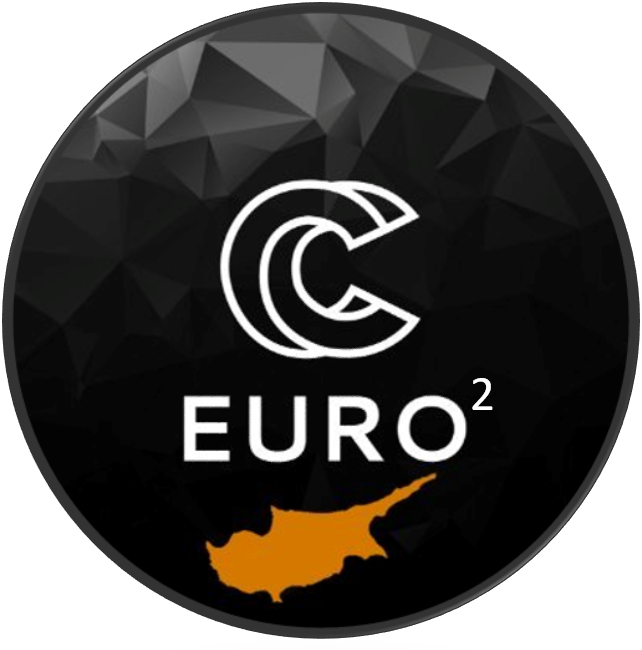Date: Monday, November 18th, 2024, 10:00-13:00 Cyprus Time.
Venue: Kyrenia Amphitheater, Neapolis University Pafos, Cyprus. Otherwise please, connect to our live stream of the discussion, available on Zoom (Password: VsSCz1)
Language: English
Registration: Registration for this event is open until Sunday, November 17th, 2024. Registration form here.
Agenda
10:00 - 10:40
Prof. Constantine Dovrolis
Title: Neural nets do not need to be a black box: the recent mathematics of deep learning
Over the last decade, deep learning has evolved from being an enigmatic “black box” to a field where mathematics provide clear insights into its remarkable success. In this talk, we will explore how modern analysis has shed light on key questions, including:
1. Why overparameterized neural networks generalize well (despite earlier results from classical learning theory).
2. The critical role of depth in the neural network architecture.
3. How deep learning avoids the curse of dimensionality.
4. The surprising efficiency of optimization methods despite the non-convex nature of the problem.
10:40 - 11:20
Dr. Myrianthi Hadjicharalambous
Title: Advancing healthcare through computational modelling
Computational modelling has become a pivotal tool in biomedical engineering, offering a deeper understanding of complex biological processes. Leveraging the immense computational power of High-Performance Computing (HPC) and the abundance of medical data available nowadays, patient-specific computational modelling enables personalized multi-scale simulations and the development of tailored medical solutions for individual patients. By highlighting recent advancements and diverse case studies, in this talk we will demonstrate how computational models can transform healthcare, enabling more precise diagnostics, and targeted therapies.
Break
11:40 - 12:20
Dr. Andreas Athenodorou
Title: An introduction to quantum computing: A brief overview
Quantum computing integrates elements of computer science, physics, and mathematics, harnessing the principles of quantum mechanics to solve complex problems faster than classical computers. Although still in its infancy, quantum computing is expected to revolutionize various scientific fields in the near future, accelerating applications in areas such as artificial intelligence (AI) and machine learning (ML), financial modeling, cybersecurity, drug discovery and chemical research, traffic and route optimization, fundamental particle physics, and many others. In this talk, we will introduce the concept of quantum computing as the next technological revolution, highlighting its significance and why it is important to be ‘quantum-ready’ for the future. We will also provide a comparison between classical and quantum computing, and discuss the concepts of qubits and quantum circuits.
12:20 - 13:00
Dr. Kostas Blekos
Title: Quantum computing approaches to combinatorial optimization problems
Quantum computing presents new methods for tackling complex computational challenges. Combinatorial optimization problems, which are prevalent in real-world scenarios from route planning to resource allocation, are particularly well-suited for quantum approaches. In this talk, we will examine how quantum techniques can potentially improve our ability to solve these difficult problems. We will focus on hybrid quantum-classical algorithms and demonstrate their application to NP-hard problems, using the MaxCut problem as a specific example.
Short bios:
Prof. Constantine Dovrolis is the Director of the center for Computational Science and Technology (CaSToRC) at The Cyprus Institute (CyI). He is also a Professor at the School of Computer Science at the Georgia Institute of Technology. His research is highly inter-disciplinary, combining Network Theory, Data Mining and Machine Learning. More recently, his group has been focusing on neuro-inspired architectures for machine learning based on what is currently known about the structure and function of brain networks.
Dr. Myrianthi Hadjicharalambous is a scientific coordinator at CyI, managing European and national projects. Her research interests include computational modelling for biomedical engineering applications, with a focus on patient-specific computational models for disease assessment and therapy planning.
Dr. Andreas Athenodorou is an Associate Research Scientist CaSToRC of CyI. His research interests span computational physics, with a focus on quantum field theories on the lattice, machine learning, and the application of quantum computing in computational physics and chemistry. He is also exploring applications of quantum computing in the field of quantum music.
Dr Kostas Blekos is an Associate Research Scientist in Quantum Computing at CyI. His general and research interests include quantum information, computation and complexity, and Artificial Intelligence in physical sciences.
